
Are you prepared to be without modern day conveniences in an emergency? If not, the time to get prepared is now, because you just never know when your situation could change for the worse.
Why prepare?
The most important reason to prepare is simply for peace of mind. Having a little extra of all the things you regularly use means you never have to stress or panic when things go wrong.
Whether you’re baking a cake and realize you don’t have baking powder, or you’re suddenly facing job loss or illness and don’t have the cash to go shopping, preparing ahead of time can turn any bad situation into a better one.
You don’t have to be a ‘crazy doomsday prepper’ to be prepared for bad scenarios. We’re not here today to encourage you to build a bunker in your backyard or shun normal society for a life on the fringe.
We’re here today to share common sense reasons to prep, and how to do so, even if your budget is small or you’re short on time.
Almost every government in the world urges its citizens to have at least two weeks of food and water at home as well as to have preparations in place for utility outages such as water, electric, and internet.
No matter who you are or where you live, one of the following scenarios is bound to stick at some point, and it pays to prepare for them in advance. Being prepared takes most of the fear out of the situation.
Here are just a few reasons to be prepared at home:
Power outages
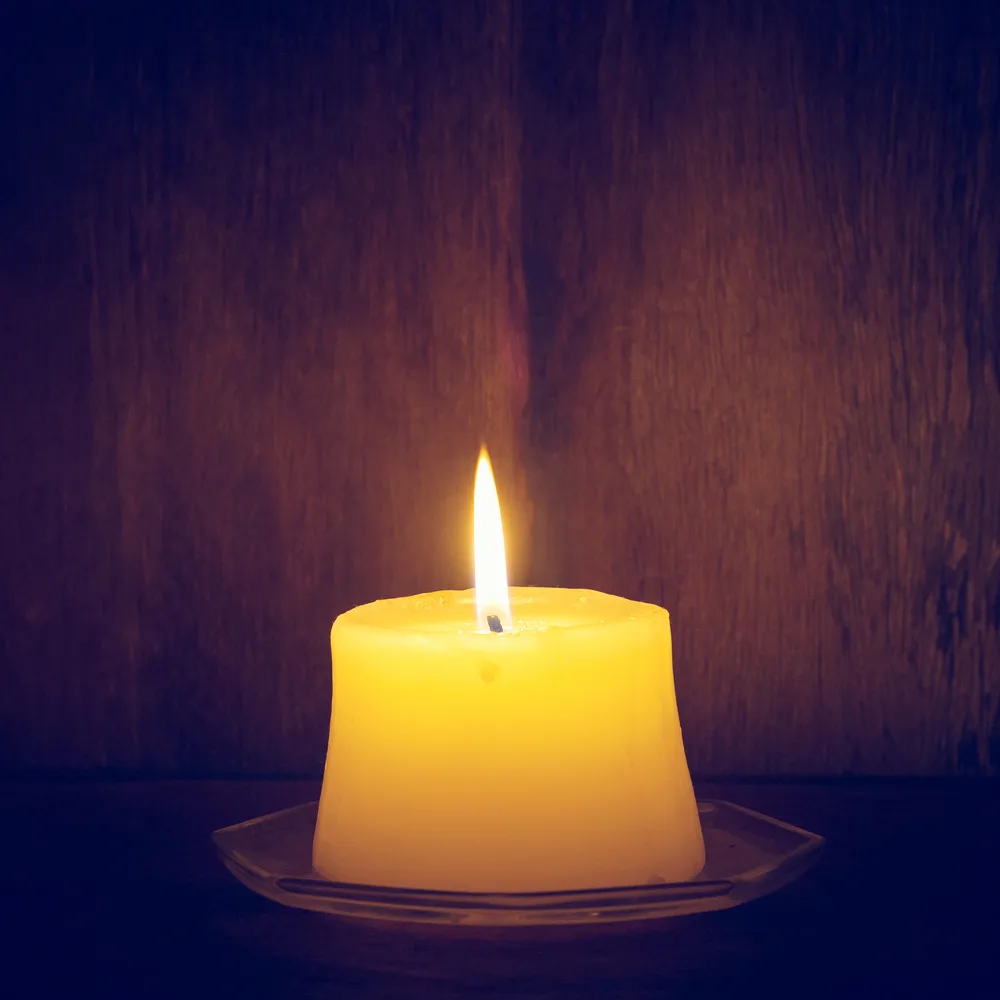
Almost everyone has experienced a power outage in their life. They come on suddenly, and when you’re in it, there’s no telling when it will end. For short term power outages it’s recommended to keep the refrigerator and freezer closed to preserve the food inside. Do you have food on hand that doesn’t need refrigeration or a heat source to eat?
Having ready-to-eat meals in your pantry like soup and peanut butter with crackers, will make you feel peaceful instead of panicked when the power goes out.
Loss of income
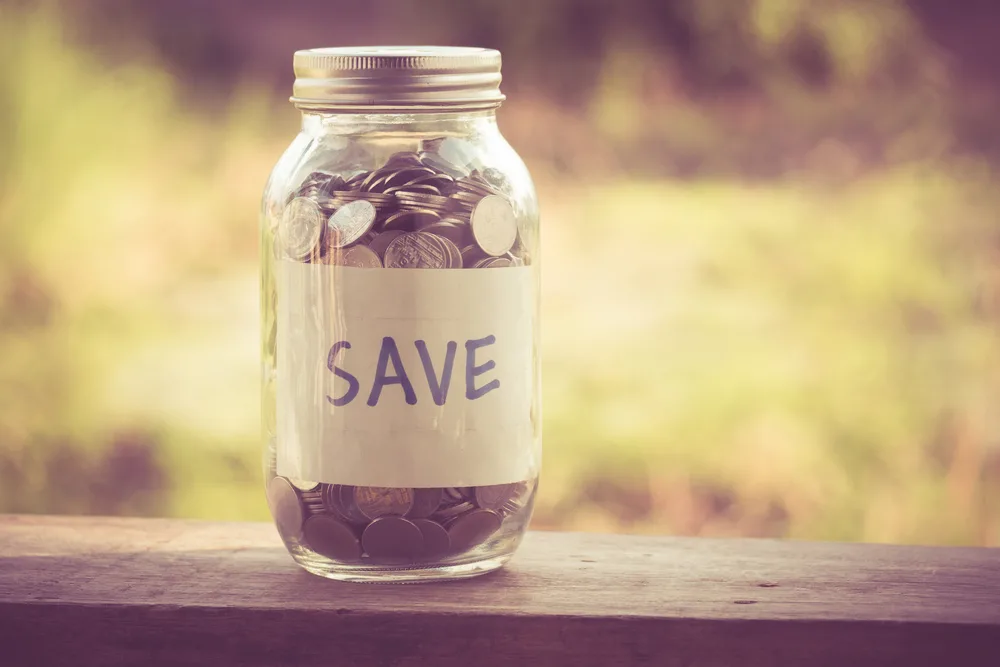
Most families in the US are living paycheck to paycheck. Most adults have less than $1,000 in the bank. Then to think if you or your spouse suddenly lose your job, or can’t go in due to illness, and this scenario quickly becomes catastrophic.
Having at least a month’s worth of food in the pantry could be a literal lifesaver in this scenario. Working on personal finance by saving money and paying down debt are also great goals.
Natural disasters
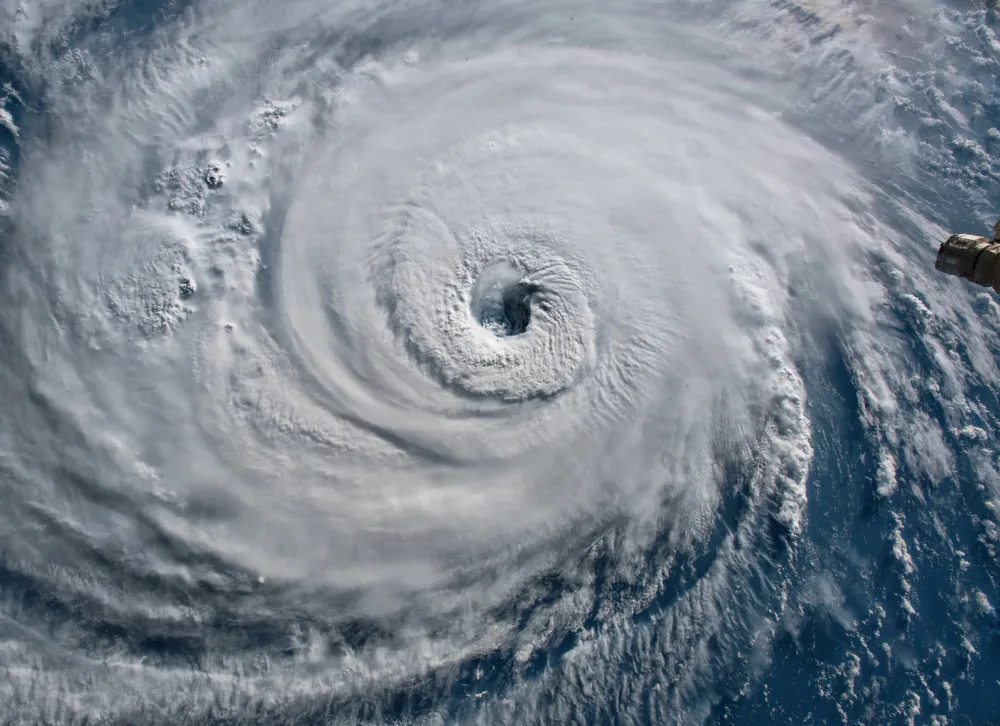
Flooding, drought, earthquakes, blizzards, tornadoes, hurricanes, and wildfires are all too common all over the world. It’s common for utilities like electric and water to have interruptions during natural disasters, say nothing of losing your home or vehicle.
It makes sense to be prepared to leave home if you need to, or to hunker down at home until it’s over. No matter what part of the world you live in, you’re at risk for natural disasters of some sort, and it pays to prep for them before they’re knocking down your door!
4 Things To Start Prepping Today
1. Finances
The most important prep is the one most people don’t want to think about, your bank account. Paying down debt and saving money for future needs is the most important prep you can make. There’s no peace of mind like being debt free, knowing everything you own is truly yours. Having a cushion of money in the bank is exactly what you need in every emergency.
Don’t know how to start getting your finances in order? There’s lots of information online about how to live frugally, steps to pay down debt quicker, and tricks to help you save money.
Take it one baby step at a time and you’ll be shocked how easy it is to get your financial life in order.
2. Water
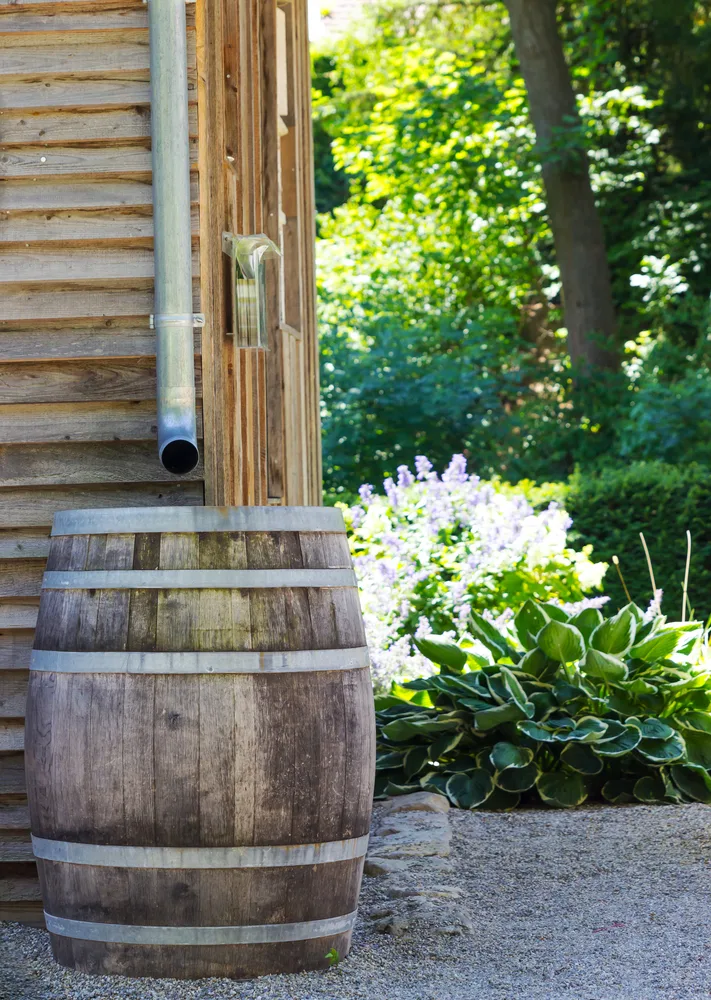
Some people are surprised to hear that each person needs a gallon of water (at minimum) per day for drinking, cooking, and hygiene.
Even so, most people in the developed world use a whopping 80-100 gallons of water each and every day! Now imagine how difficult your life would be if the water that flows out of your tap suddenly stopped?
Water emergencies can include broken pipes, bacteria or other contaminants in the water, or problems at the water treatment plant. Having at least one week of water stored for every person and animal in your household will give you much needed peace of mind if something goes wrong.
Don’t have space for all that water in your home? There are other options.
Swimming pools, ponds, lakes, streams
If you have a body of water or flowing water nearby, you could haul water to your home in an emergency. However, this water usually can’t be used as-is.
Any standing or flowing body of water can be full of bacteria, silt, and other contaminants. Before use, be sure to boil it and send it through a trustworthy water filter like the Berkey Filter.
Rain barrels
Many people in drought stricken areas already keep rain barrels outside for emergency water storage. Rain barrels attach to your rain gutter, filling with the runoff water from your roof for an easy water supply you don’t need to think about.
In non-emergencies this water can be used to water your garden or provide water for your livestock.
3. Food
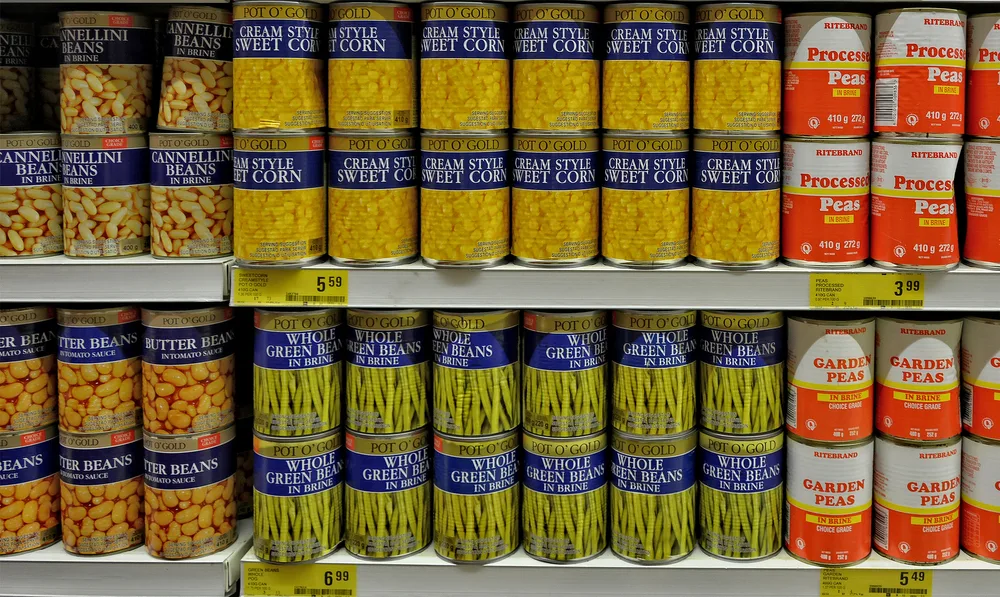
We have personally been through several stints of being homebound with no ability to go to the grocery store for a week or longer. There’s no feeling of security quite like having a fully stocked pantry, refrigerator, and freezer in times like these.
Many people hear that they should stock up on food and are immediately overwhelmed. What kind of food do I need? How much do I need? What if I don’t use it and it goes bad?
Stock up on what you already eat
Let’s be honest, there’s no sense in buying 80 cans of black beans if everyone in your family loathes them. In an emergency situation you’re going to want to eat foods you’re already familiar with and already know how to cook. A time of disaster is not the time to experiment with foods you’ve never eaten and might not even like.
When you buy extras of foods your family eats, you’re never wasting money. The food will get eaten no matter what, and if you do happen to need the extra food in an emergency, it’s the perfect comfort in hard times.
Eat what you stock up on
Another important factor with food prep is to actually eat the foods you stock in your pantry and freezer. Don’t let them go bad. Plan a system where all the food is getting eaten before it expires or gets freezer burn.
An easy way to do this is to follow the ‘one in, one out’ rule. When you use a can of corn, replace it with another, but put the new can in the back, so it will be the last to be used.
Buy only a few things at a time
Most people are afraid to start prepping because of the cost associated with it. I’ll admit, the thought of filling my whole pantry in one shopping trip has my bank account quaking in fear.
The common sense way to go about prepping is to just add a few items to your existing grocery list every week. For example, if you usually pick up a can of garbanzo beans and a pound of ground beef every week, instead just get two of each. Put the extra can of beans in the pantry, and put the extra beef in the freezer.
Another option is to buy a few things weekly that are on sale. Use coupons, shop at discount grocery stores, or take advantage of buy one get one free deals. You can quickly fill up your pantry and freezer if you shop smart.
One other method is to start shopping at bulk food stores like Costco or Sams. Buying food in bulk can save money, but only if you’ll actually eat all of it before it expires!
Even if you only have $5-$10 extra per shopping trip to spend on preps, you could still choose one item on the list below for each trip. If you shop weekly, then by the end of the year, you’ll have 52 extra items in your pantry and freezer.
If you can manage to get two items off the list below, you’ll have 104 extra items. Stocking up on food is a long game, don’t rush into it!
Common foods to stock up on

- Beans- dry or canned
- Rice
- Flour
- Crackers
- Oatmeal
- Cereal
- Nuts & nut butters
- Trail mix and Granola bars
- Dried fruit, canned fruit, or frozen fruit
- Canned meat and fish- tuna, chicken, etc.
- Canned or frozen vegetables – peas, spinach, corn, carrots, etc.
- Soup and Chili- dry mixes or canned
- Powdered milk or canned milk
- Sugar- white, brown, and powdered
- Baking Powder and baking soda
- Yeast
- Pasta
- Various sauces- tomato, pesto, alfredo
- Vegetable oil or ghee
- Salt, pepper, herbs, and spices
- Condiments- ketchup, mustard, mayo, salsa, soy sauce
- Applesauce
- Coffee and Tea
- Vinegar – white vinegar, apple cider vinegar, fancy cooking vinegars
- Comfort foods – snacks, baking mixes, candy, chips
Grow your own
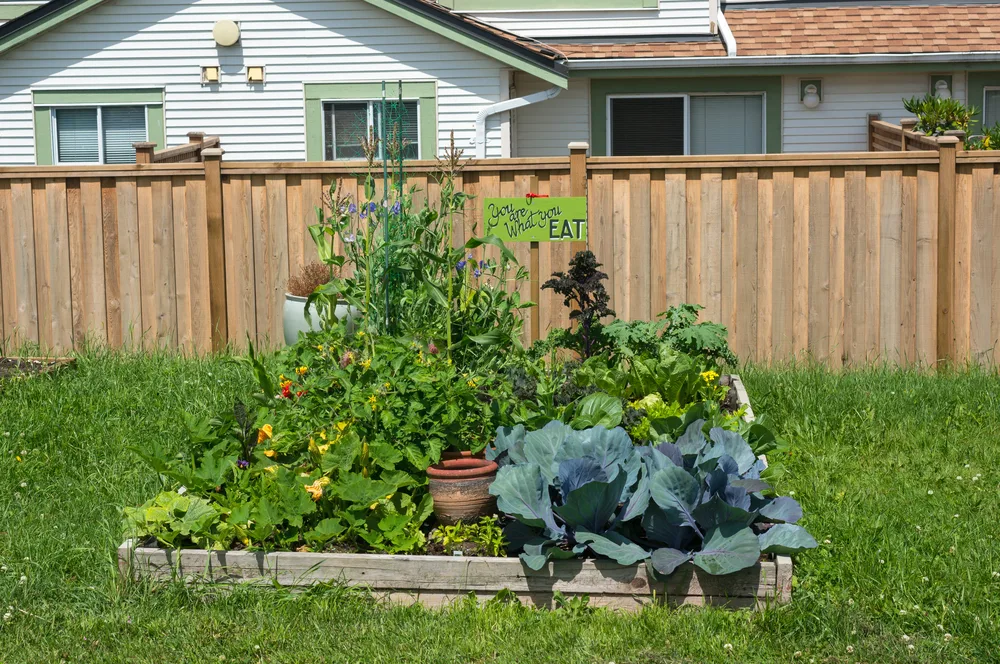
Perhaps the best way to be prepared when it comes to food, is to grow your own. Even if you don’t have a garden, food can be grown in a sunny window in containers.
Having fruit and vegetables growing is a great way to supplement your diet with vitamin and mineral packed fresh food.
If you have a large space, you could even consider growing a survival garden – one that provides for you and your whole family all year round. Read more about it here.
It’s important to also learn how to store and preserve your homegrown produce so it doesn’t go bad quickly. Canning is one way, freezing is another, and careful storage is a third way to make your food last longer.
4. Other household items
Food and water aren’t the only things people consume and use on a daily basis. It makes sense to also stock up on the other items you and your family rely on to live comfortably.
Don’t know what those items might be? Pay close attention to everything you use on a daily and weekly basis and it will become clear. Keep at least one extra of those items on hand at all times just in case you may need them.
Common household items to stock up
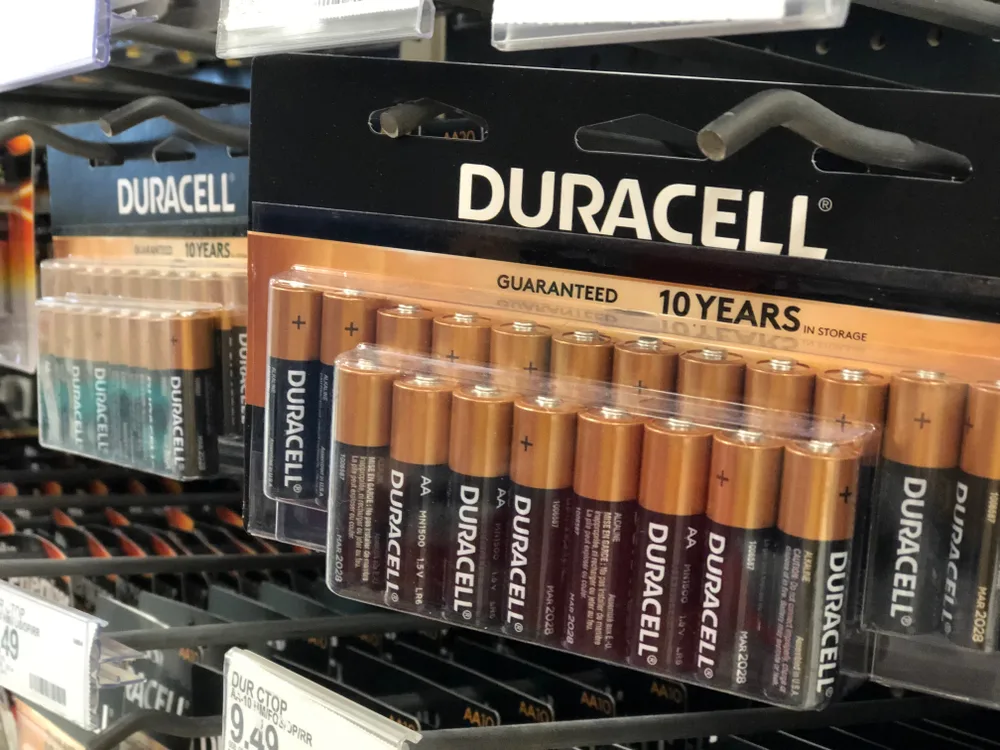
- Soap – hand soap, dish soap, body wash, hand sanitizer
- Laundry soap, bleach, fabric softener, hydrogen peroxide
- Shampoo and conditioner, deodorant
- Toothpaste, toothbrush, floss
- Paper products: Toilet paper, paper towel, tissues, and napkins
- Cleaning products – sprays, wipes, sponges, gloves
- Diapers and wipes
- Batteries
- Candles, lighters, and matches
- Vitamins
- OTC medicines- pain killers, cold and flu meds, allergy meds, stomach remedies, electrolyte powder
- First aid supplies – bandaids, ointments, gauze
- Q-tips, cotton balls, makeup removers
- Feminine products
- Trash bags
- Aluminum foil, saran wrap, ziplock bags
- Lotions, creams, and lip balm
- Coffee filters
- Contacts, Contact solution, eye drops
If you’re feeling overwhelmed after reading these lists, take a pause.
Remember that to prep efficiently you only need to get one or two of these items per week, not all of them at once. Prepping slowly and in a common sense manner not only makes it easier on your mind and your wallet, but doesn’t stress the supply chain, grocery stores, or other customers. Slow is the way to go!
Having these items well stocked in your home will give you peace of mind and the resources to handle any emergency without batting an eye.
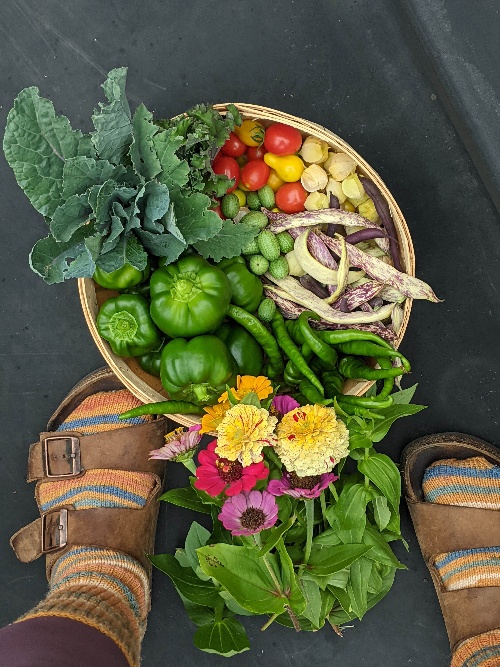
Get the famous Rural Sprout newsletter delivered to your inbox.
Including Sunday musings from our editor, Tracey, as well as “What’s Up Wednesday” our roundup of what’s in season and new article updates and alerts.

